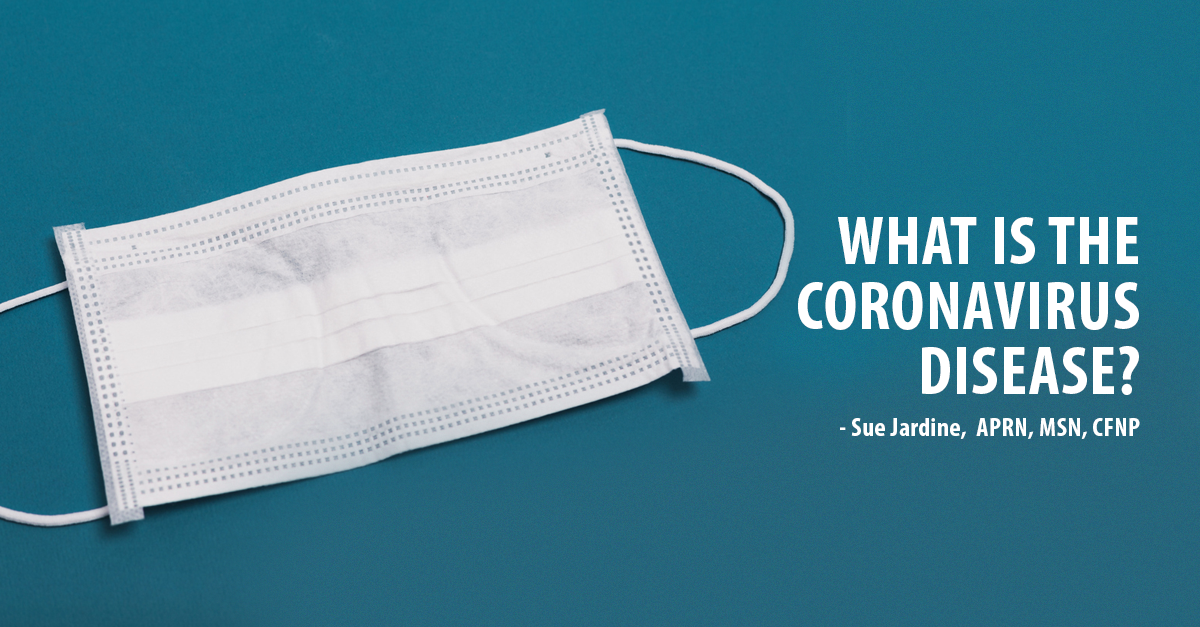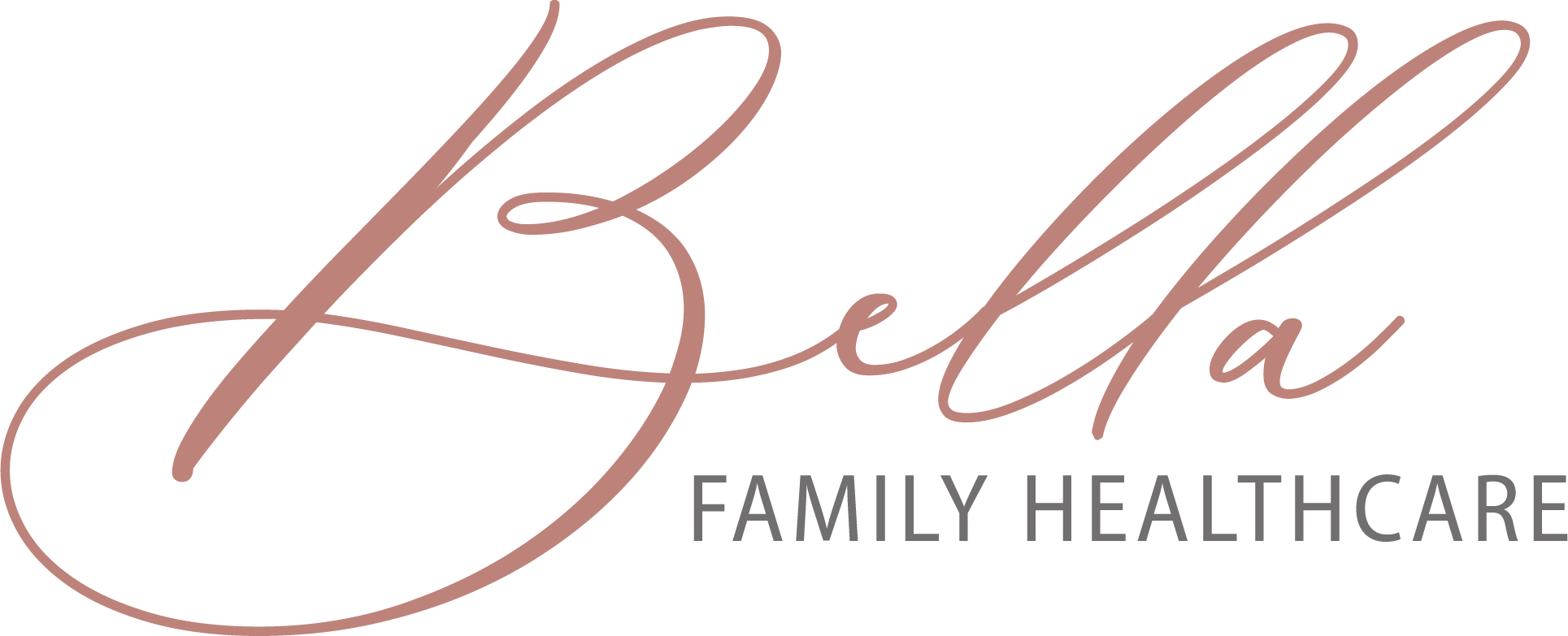
Preventative Care
Those of you that are my patients (lucky ducks…smiling as I type that) and those of you that follow my social media/website know that I am huge on preventative care. It is my personal gold standard and when you want to have the answer to how to be aware of your overall health – it’s Preventative Care! The best part it is easy and almost free. Every year most health insurances give you 1 visit called a Wellness Visit with your Primary Care Provider (PCP) that is covered at 100% (call your insurance to verify your benefits). Some cover lab work for screenings and others don’t. At those Wellness Visits you have a complete head to toe physical where if there was anything “off” or “concerning” with your vital signs, exam or medications they would be discussed. It is also a time for your PCP to make sure you are up to date with your women’s/male exams, colonoscopy, mammogram, immunizations, DEXA scan and screening labs for cholesterol, prostate, thyroid and diabetes. I feel that with Wellness Visits we are great at getting the children in until they are adolescents and then years go by until they are seen. It is usually when something is wrong, a symptom is bothersome or there is an acute injury/illness. Those are great reasons to be seen but prevention is super important as well. In Wellness Visits with my patients I discuss their overall health and what they assess it as: great, good, fair, poor. Then I ask where they want their overall health to be at. Think of me as your coach and that I want to educate you on current standards of care, motivate you to be your best, be available to celebrate your wins and to help simplify and give you other options when you have fails.
 The Coronavirus (CoV)
The Coronavirus (CoV)
With the recent reports stating that CoV is now in the U.S. with documented deaths I wanted to take the time to discuss what this virus is. I have been asked by many if I am worried about it or my thoughts and I have responded the same way I responded when Swine Flu (H1N1) and Severe Acute Respiratory Syndrome (SARS) were identified and that is calm and collected. Looking back to my training as a healthcare worker more than half my life we are taught over and over the importance of handwashing and keeping your secretions to yourself. Working in hospitals it is well known that if you are sick you don’t go out and you do not go to work. Now sharing is caring in every aspect of your life EXCEPT when you are sick. What worries me most about CoV, Influenza and other viruses is with the very young, very old, poorly managed chronic diseases and the immunocompromised (from cancer, medications, diseases) populations. That is when I worry about EVERY virus and those populations in public or as my patients. It is those individuals that can become casualties of this virus. To get educated on anything I would always recommend considering your source. For anything medical and that I share with patients I look to sources like World Health Organization (WHO), Centers for Disease Control & Prevention (CDC), Idaho State Health Department: Central District Health, Up To Date to name a few. I would not always believe everything you read and that is posted on social media unless you have researched your source. If you ever question a health-related concern or scare go to your local state health department website. Below I am going to share with you what is CoronaVirus, what the WHO has advised for the public along with what is out there as a myth, all from the WHO website.
What is CoronaVirus Disease 2019 (COVID-19)
Coronaviruses (CoV) are a large family of viruses that cause illness ranging from the common cold to more severe diseases such as Middle East Respiratory Syndrome (MERS-CoV) and Severe Acute Respiratory Syndrome (SARS-CoV). A novel coronavirus (nCoV) is a new strain that has not been previously identified in humans.
Coronaviruses are zoonotic, meaning they are transmitted between animals and people. Detailed investigations found that SARS-CoV was transmitted from cats to humans and MERS-CoV from dromedary camels to humans. Several known coronaviruses are circulating in animals that have not yet infected humans (WHO, 2020).
Common Signs & Symptoms:
- Respiratory symptoms
- Cough
- Fever
- Shortness of Breath
- Breathing Difficulties
With any virus complications can occur with Pneumonia, SARS, Kidney Failure and death. It is typically not the virus itself that can take a life but the complications of that virus. Most of the people that become infected with COVID-19 will experience mild symptoms and illness then recover. However, it can be more sever for others.
Protection:
Wash your hands frequently: Regularly and thoroughly clean your hands with an alcohol-based hand rub or wash them with soap and water. Why? Washing your hands with soap and water or using alcohol-based hand rub kills viruses that may be on your hands.
Maintain social distancing: Maintain at least 3 feet distance between yourself and anyone who is coughing or sneezing. Why? When someone coughs or sneezes, they spray small liquid droplets from their nose or mouth which may contain virus. If you are too close, you can breathe in the droplets, including the COVID-19 virus if the person coughing has the disease.
Avoid touching eyes, nose and mouth: Why? Hands touch many surfaces and can pick up viruses. Once contaminated, hands can transfer the virus to your eyes, nose or mouth. From there, the virus can enter your body and can make you sick.
Practice respiratory hygiene: Make sure you, and the people around you, follow good respiratory hygiene. This means covering your mouth and nose with your bent elbow or tissue when you cough or sneeze. Then dispose of the used tissue immediately. Why? Droplets spread virus. By following good respiratory hygiene, you protect the people around you from viruses such as cold, flu and COVID-19.
If you have fever, cough and difficulty breathing, seek medical care early: Stay home if you feel unwell. If you have a fever, cough and difficulty breathing, seek medical attention and call in advance. Follow the directions of your local health authority. Why? National and local authorities will have the most up to date information on the situation in your area. Calling in advance will allow your health care provider to quickly direct you to the right health facility. This will also protect you and help prevent spread of viruses and other infections.
Stay informed and follow advice given by your healthcare provider: Stay informed on the latest developments about COVID-19. Follow advice given by your healthcare provider, your national and local public health authority or your employer on how to protect yourself and others from COVID-19. Why? National and local authorities will have the most up to date information on whether COVID-19 is spreading in your area. They are best placed to advise on what people in your area should be doing to protect themselves (CoronaVirus, 2020).
Travel Safety:
- Avoid travel if you have a fever and cough
- If you have a fever, cough and difficulty breathing seek medical care early and share previous travel history with health care provider
- Avoid close contact with people suffering from a fever and cough
- Frequently clean hands with hand sanitizer that is alcohol-based or soap and water
- Avoid touching FACE but really eyes, nose and mouth
- When coughing and sneezing cover mouth and nose with flexed elbow or tissue, throw the tissue away immediately and wash hands
- If you choose to wear a mask, then be sure it covers both your mouth and nose and avoid touching mask once it is on
- Immediately discard single-use mask after each use
- If you become sick while traveling notify the airline crew and seek medical care early, then share travel history with health care provider
- Eat only well-cooked foods
- Avoid spiting in public
- Avoid close contact and travel with animals that are sick (CoronaVirus, 2020).
Food Safety:
- Use different chopping boards and knives for raw meat and cooked foods
- Wash your hands between handling raw and cooked foods
- Sick animals that have died of diseases should NOT be eaten
Even areas with outbreaks meats can be eaten safely if they are cooked completely and if there were proper handling techniques during preparation (CoronaVirus, 2020).
In closing I hope you have learned what COVID-19 is, how to protect you/family, understand food and travel advice. Remember that prevention and knowledge are power! Also, it is always better to be informed from a reputable source. The WHO recommends getting your daily, weekly or monthly updates from https://www.who.int/emergencies/diseases/novel-coronavirus-2019
– Sue Jardine APRN, MSN, CFNP


References:
CoronaVirus. 2020. World Health Organization (WHO). Retrieved from: https://www.who.int/health-topics/coronavirus
You Don’t Need a Referral To Start Feeling Your Best
Whether you’re looking for a check-up, suffered a recent injury or you just want to improve your health – a referral is not needed. We welcome walk-ins. If you would like to make an appointment or learn more about our services, send us a message!


